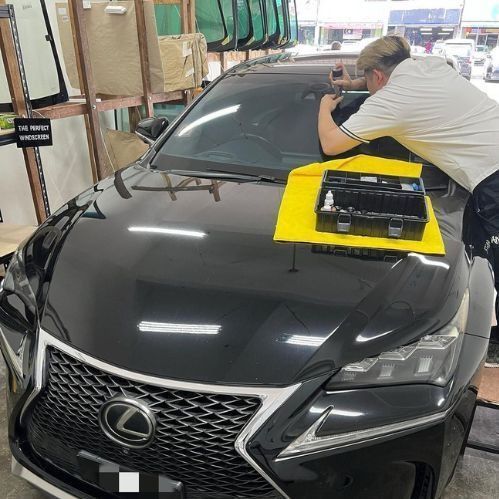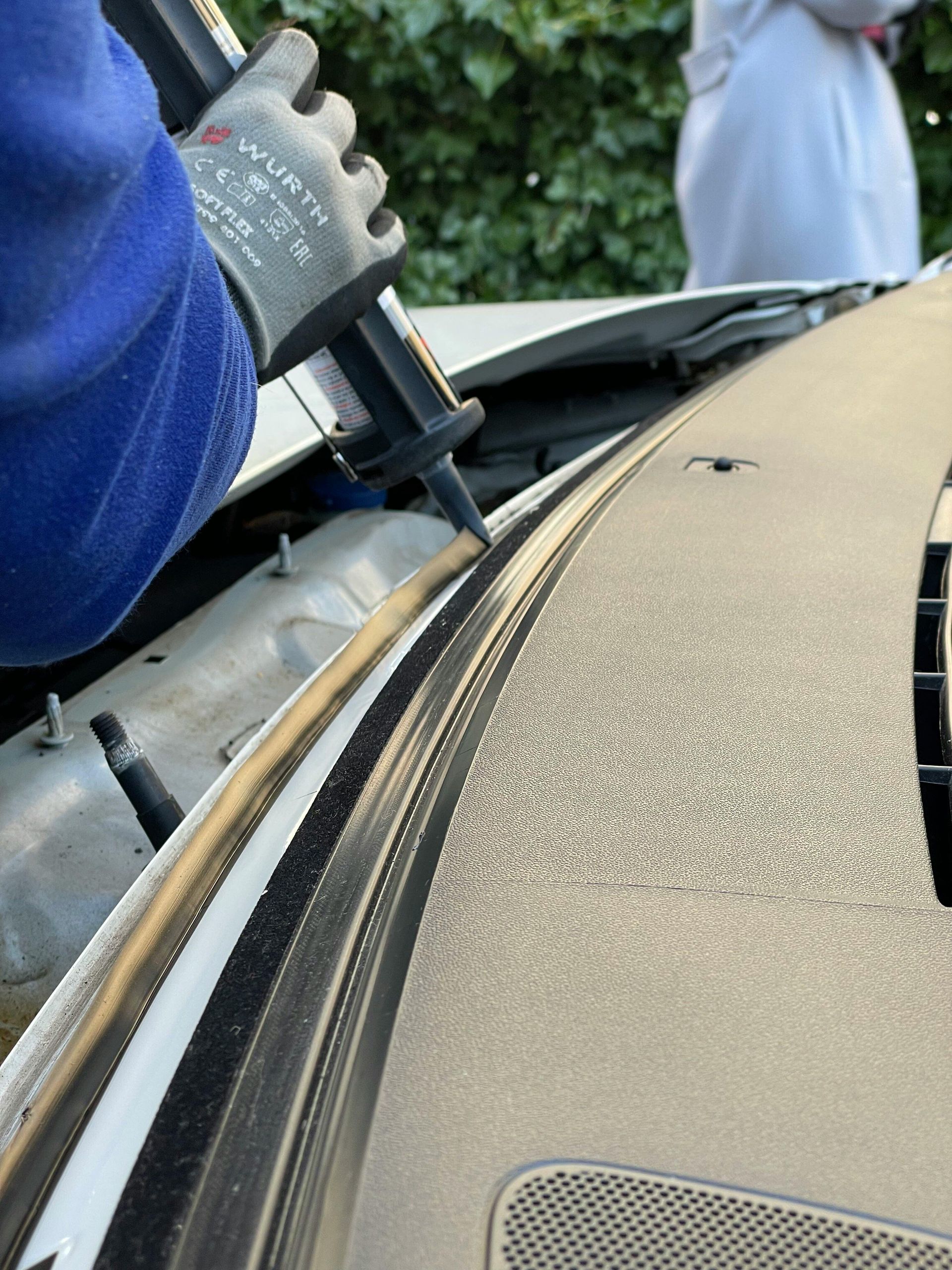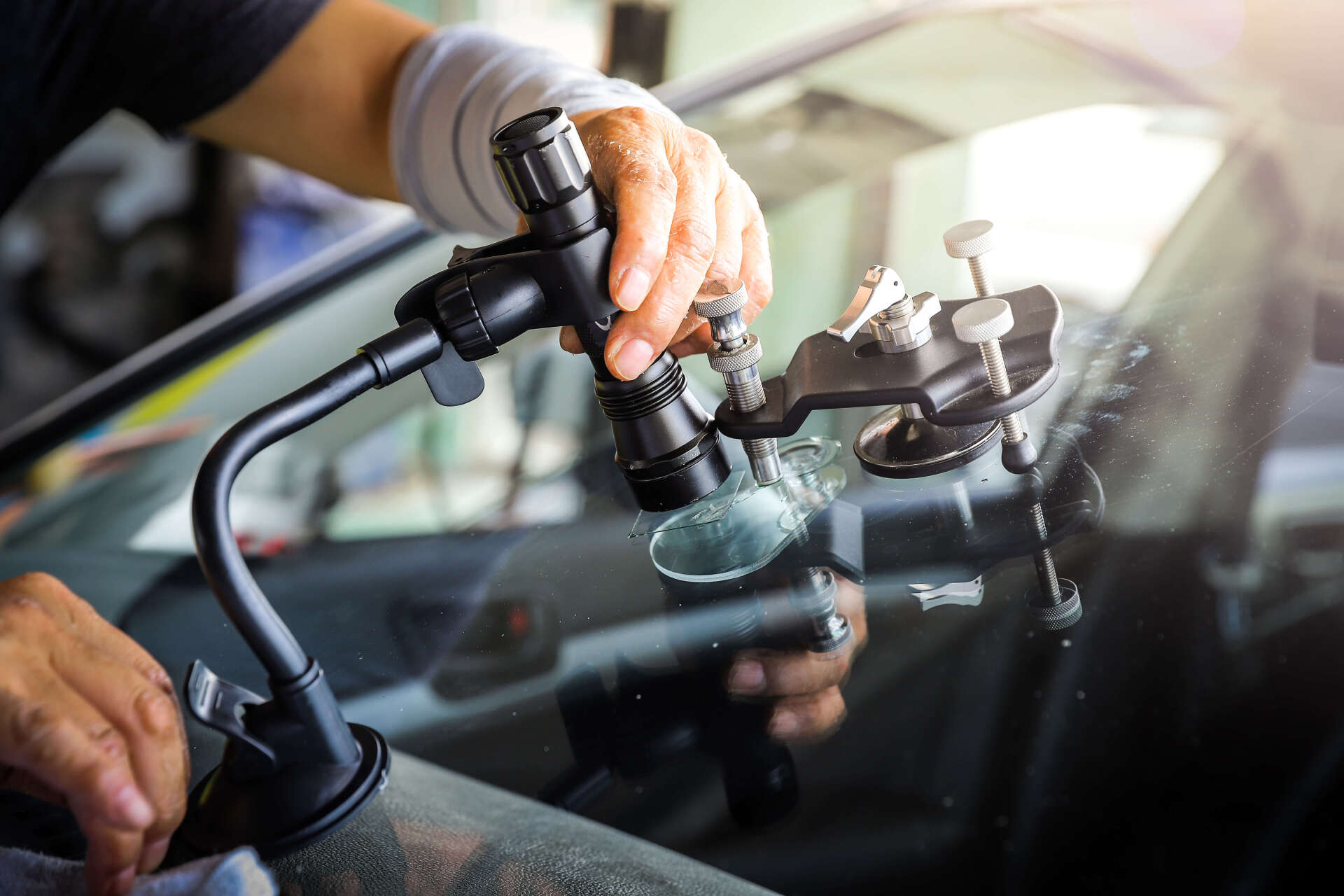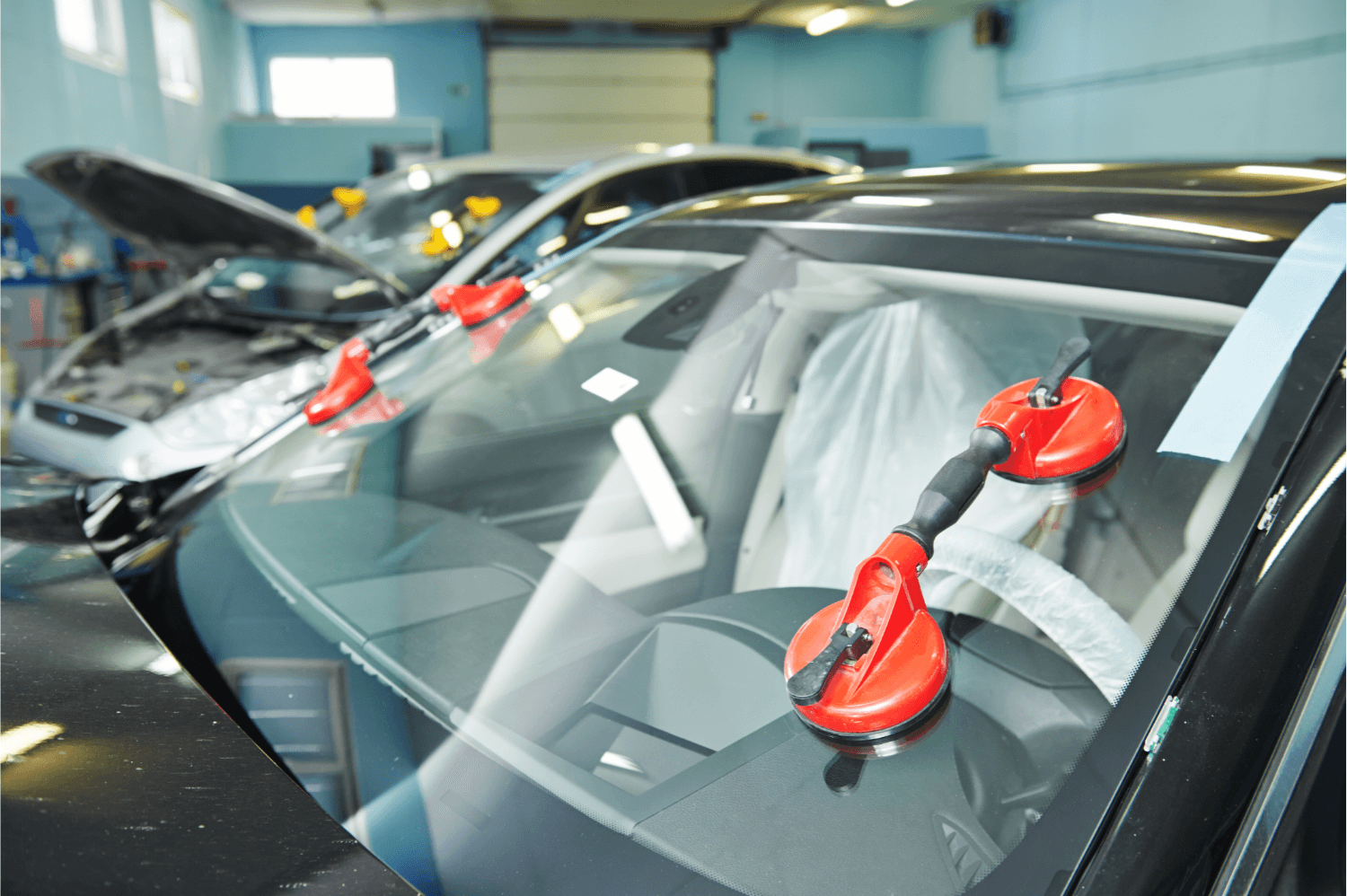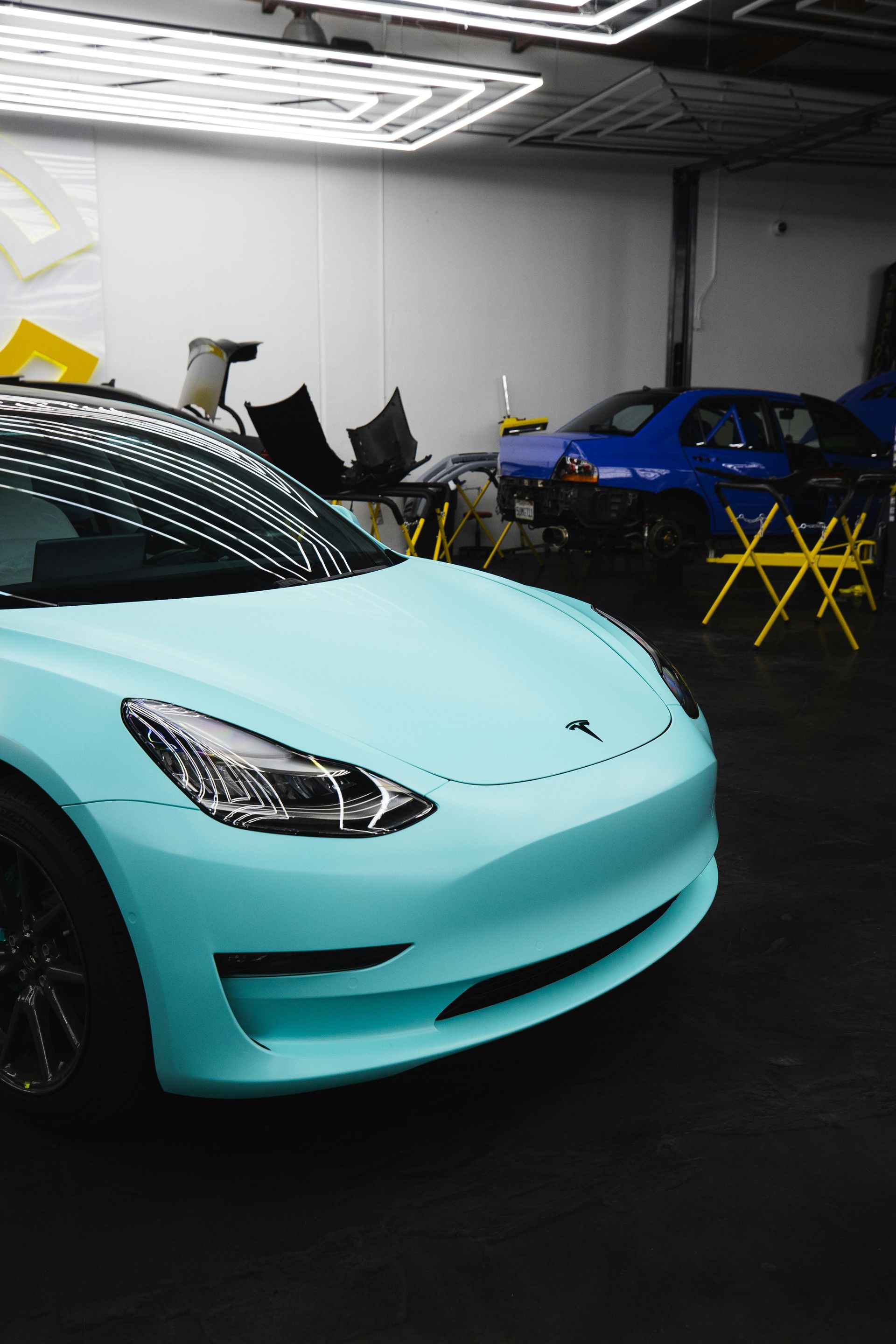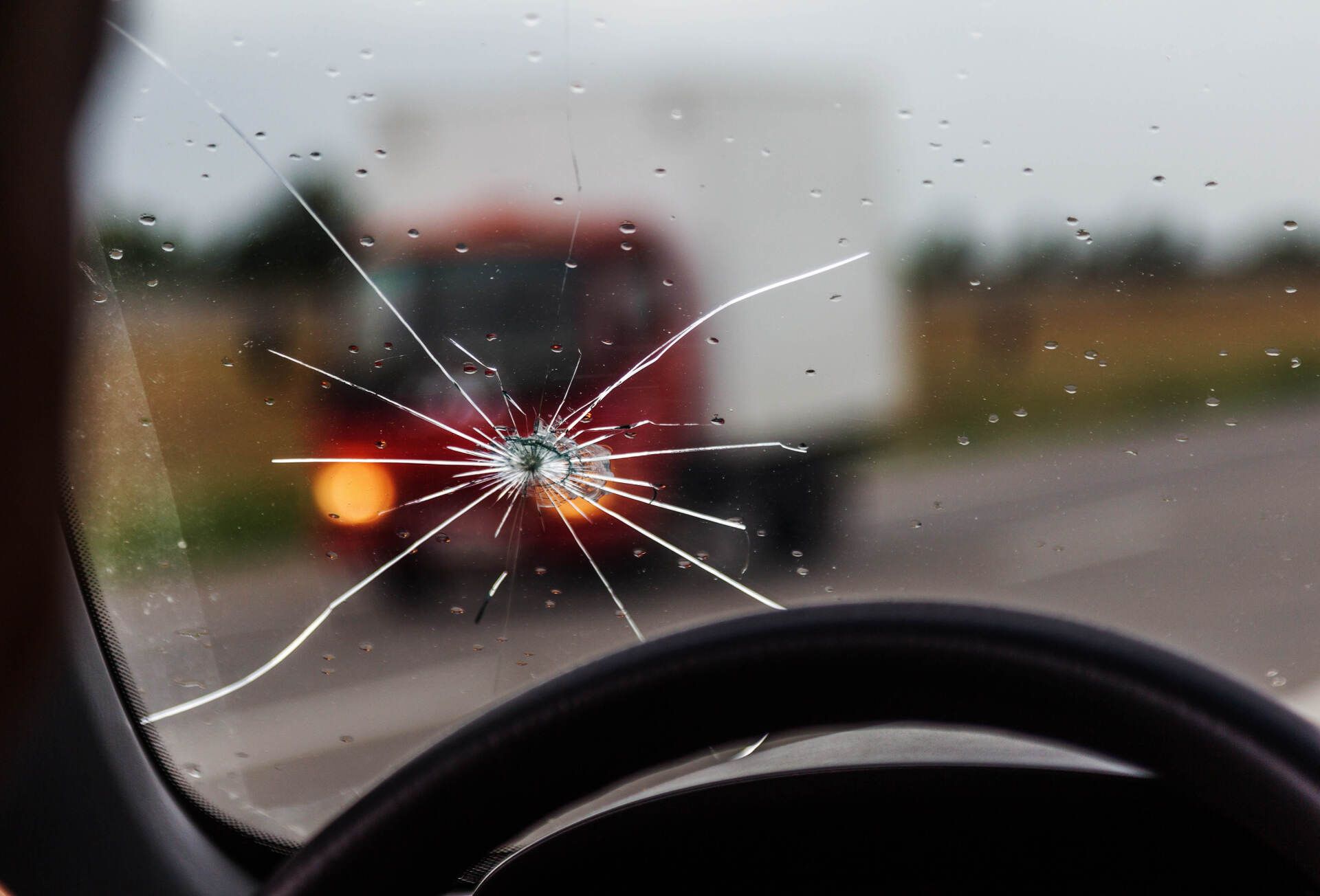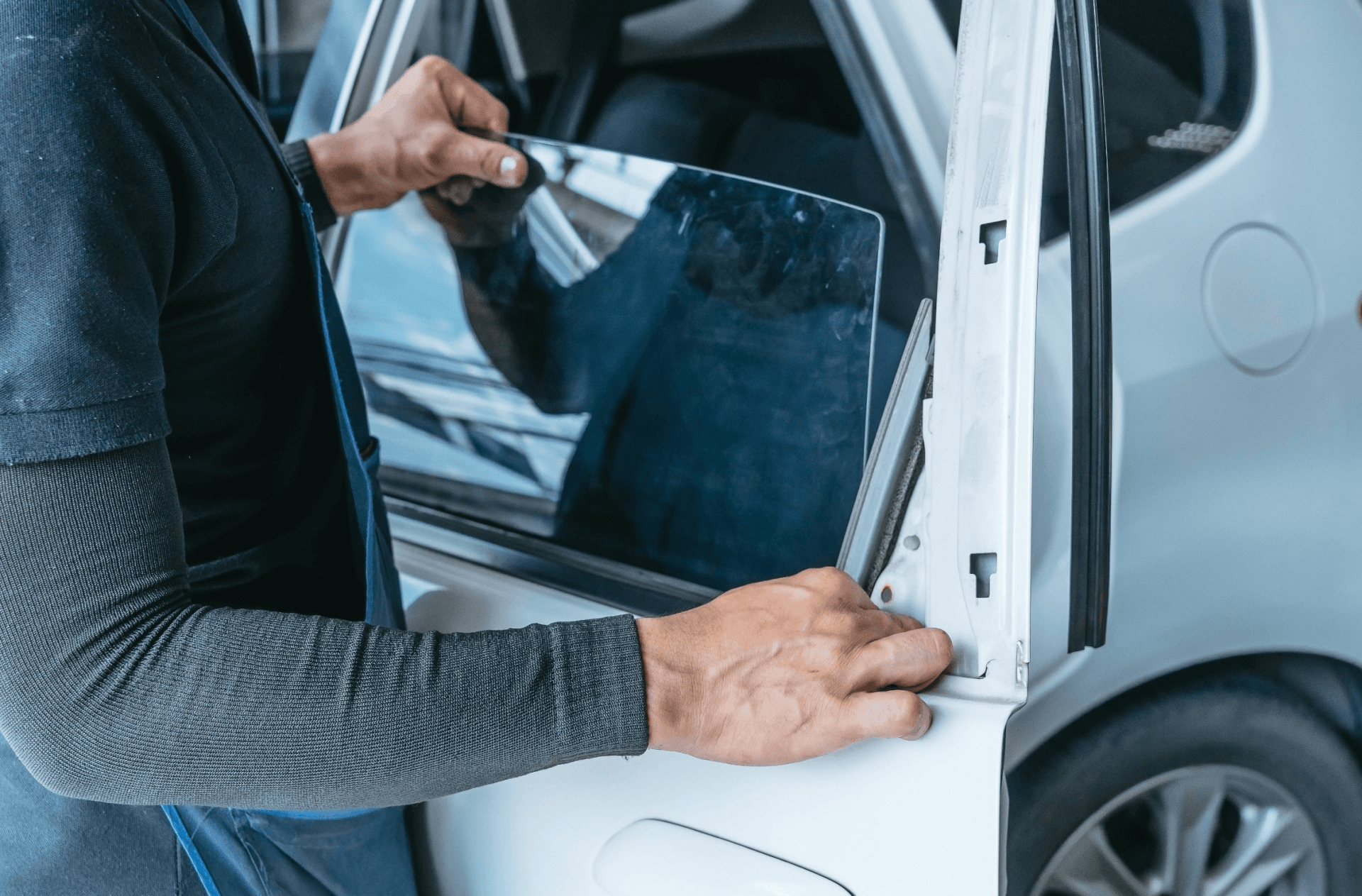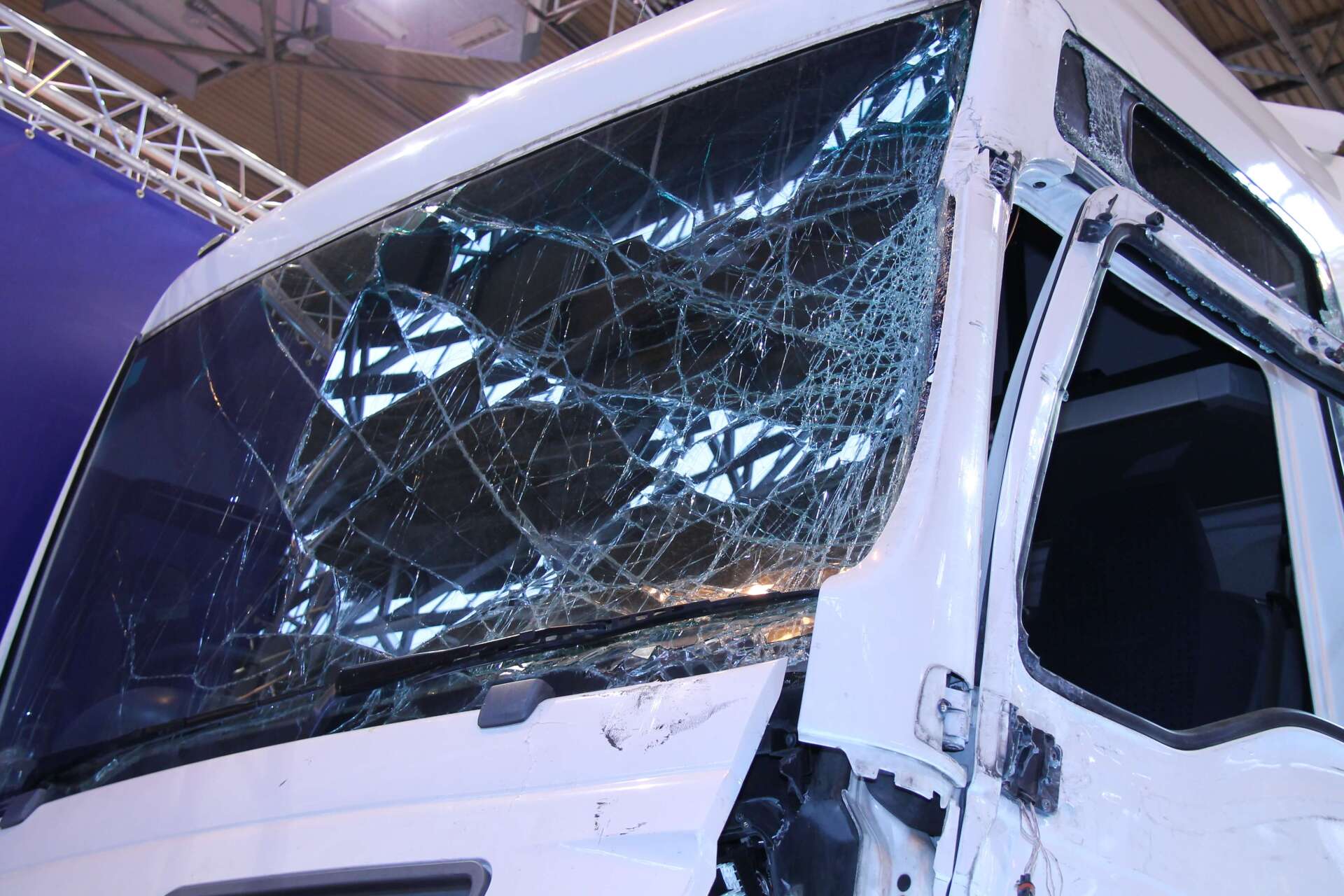The Role of Auto Glass in Vehicle Structural Integrity
Auto glass is a critical barrier that safeguards car occupants from external elements, such as wind, rain, and debris, while also playing a crucial role in maintaining the vehicle's structural strength. In the event of a collision or accident, the auto glass, particularly the windshield, provides an additional layer of protection by preventing the ejection of passengers from the vehicle. It acts as a structural support, helping to maintain the integrity of the vehicle's cabin, which is vital for protecting passengers. Moreover, auto glass contributes to the vehicle's aerodynamics, reducing drag and enhancing fuel efficiency, which is a testament to its multifaceted role in modern vehicle design.
Moreover, advancements in automotive glass technology have led to modern windshields that are more than just a piece of glass. They incorporate sensors, such as cameras and rain sensors, that are integral to the functioning of advanced driver assistance systems (ADAS). These systems rely on auto glass components to function accurately, further highlighting the integration of auto glass into a vehicle's safety features. In summary, auto glass is a protective barrier and a critical component of the vehicle's broader safety ecosystem, contributing to structural strength and the effectiveness of advanced safety systems.
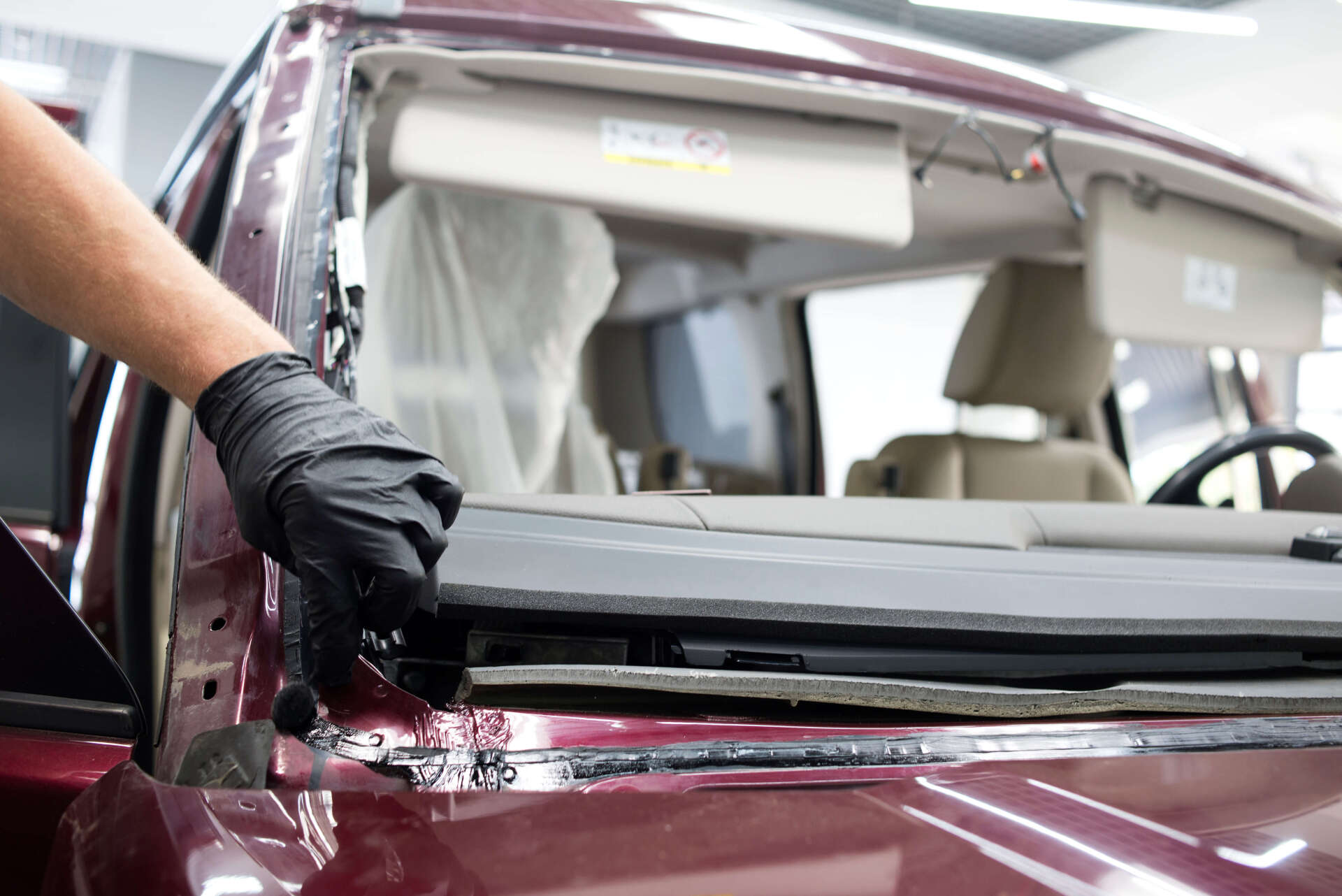
Types Of Auto Glass
Auto glass is a marvel of engineering, meticulously designed to meet stringent safety standards and withstand various environmental and mechanical stresses. Laminated glass, commonly used for windshields, consists of two layers of glass bonded together by a polyvinyl butyral (PVB) layer. This design imparts remarkable strength to the glass, ensuring it remains intact even when subjected to significant impacts. In the event of an accident, laminated glass exhibits a unique behavior; instead of shattering it into sharp and potentially lethal fragments, it holds together, reducing the risk of severe injuries from glass shards. This property is a testament to auto glass's critical role in enhancing passenger safety, as it offers clarity of vision and acts as a resilient barrier between occupants and external hazards.
Moreover, auto glass materials have evolved to include safety features like solar control and acoustic properties. Solar control glass reduces the transmission of heat and UV rays into the cabin, enhancing passenger comfort while reducing the load on the air conditioning system. Acoustic glass minimizes external noise, providing a quieter and more serene driving experience. These features enhance passenger comfort and protect drivers from fatigue and distractions. Thus, auto glass is a multifunctional component, enhancing structural integrity and safety and contributing to the overall comfort and well-being of vehicle occupants.
Key Roles of Auto Glass In Vehicle Structural Integrity
1. Supporting the Vehicle's Frame
The windshield's role in bolstering a vehicle's structural strength cannot be overstated. It is a meticulously engineered component designed to withstand significant mechanical forces. In many modern cars, the windscreen is bonded to the vehicle's frame using advanced adhesive technology. This adhesive secures the windshield and evenly distributes stress and impact forces across the entire structure. As a result, the windshield effectively becomes an integral part of the vehicle's structural support system.
In the event of a frontal collision, the windshield plays a pivotal role in maintaining the vehicle's structural integrity. It acts as a "backbone" that helps distribute the impact force throughout the vehicle's frame, reducing the risk of cabin deformation. Without a robust windshield, the vehicle's frame may be more susceptible to buckling or collapsing upon impact, putting the occupants at grave risk. This is particularly critical in rollover accidents, where the roof is exposed to tremendous forces. In such scenarios, a properly installed and undamaged windshield provides vital support, preventing the roof from caving in and offering a lifeline to those inside. The windshield's structural contribution goes beyond just preventing physical harm; it can be the difference between life and death in severe accidents.
2. Preventing Cabin Intrusion
Auto glass acts as a critical shield, defending the vehicle's occupants from many external threats on the road. Beyond its role in offering visibility, it functions as a protective barrier that can mean the difference between safety and destruction. During accidents, whether collisions, rollovers, or encounters with debris on the road, auto glass stands as the first line of defense against the intrusion of harmful elements into the cabin.
In high-speed collisions, for instance, the force of impact can cause significant damage to surrounding vehicles. Without the protective barrier of auto glass, the risk of debris penetration into the cabin increases substantially. This could lead to severe injuries or even fatalities as occupants become exposed to flying objects or secondary impacts. Moreover, in a rollover accident, the potential for external elements, such as rocks or shattered glass, to breach the vehicle's interior is a genuine concern. Auto glass, especially the windshield and side windows, plays an indispensable role in maintaining the passenger compartment's integrity, preventing intrusion, and safeguarding the well-being of those inside. It is a testament to the importance of this seemingly transparent component in preserving lives and minimizing the devastating consequences of road accidents.
3. Supporting Airbag Deployment
The synergy between auto glass, particularly the windshield, and airbag deployment is crucial to modern vehicle safety systems. Air bags are engineered to deploy rapidly and efficiently to cushion the impact for vehicle occupants during a collision. Auto glass plays a pivotal role in ensuring that this process unfolds seamlessly.
Firstly, the windshield provides structural support for the airbag. In a collision, the windshield acts as a backstop, ensuring that the airbag deploys in the correct direction towards the vehicle's occupants. This precise deployment is essential to prevent injuries. If the windshield were compromised or improperly installed, it could affect the trajectory of the airbag, potentially leading to less effective deployment.
Secondly, the windshield acts as a barrier that keeps the occupants from making contact with the airbag at high speed. Without the windshield's presence as a shield, the force of the deploying airbag could propel occupants toward the windshield, increasing the risk of head, face, or upper body injuries. The windshield effectively prevents such contact, helping to maintain the passengers' safety during airbag deployment.
Maintenance of Auto Glass: Auto Glass Repair and Replacement
Auto glass repair and replacement are pivotal aspects of vehicle maintenance and safety. The condition of a vehicle's auto glass can significantly impact its overall structural integrity and safety performance. Even seemingly minor cracks or chips in the windshield or other auto glass components should not be underestimated. These seemingly innocuous imperfections can lead to far-reaching consequences.
For instance, a small chip can act as a stress point on the glass. Over time, temperature fluctuations and road vibrations can cause the chip to spread into a more extensive crack, compromising the glass's structural strength. In the event of a collision or rollover, weakened auto glass may fail to provide the necessary support, increasing the risk of severe injuries. Therefore, addressing these issues promptly through auto glass repair is essential. Repairing small cracks or chips not only restores the glass's optical clarity but also prevents the damage from worsening, preserving the overall structural integrity of the glass.
In cases where the damage is extensive, or the structural integrity of the glass has been severely compromised, auto glass replacement becomes imperative. During the replacement process, the new glass is carefully selected to meet safety standards and manufacturer specifications. It is meticulously installed to ensure a secure fit and proper bonding to the vehicle's frame. This guarantees that the new auto glass contributes to the vehicle's structural strength and safety, maintaining its ability to protect occupants during accidents and unforeseen events on the road.
In summary, auto glass repair and replacement are not merely cosmetic procedures; they are essential for safeguarding the structural integrity and safety performance of a vehicle. Regular inspections and timely interventions by certified professionals help ensure that the auto glass remains in optimal condition, reducing the risk of severe injuries and preserving the overall safety of the vehicle's occupants.
Conclusion
Auto glass goes far beyond being a mere aesthetic component of a vehicle; it assumes a central role in upholding modern vehicles' structural integrity and safety. It is a linchpin in averting head injuries during airbag deployment and fortifying the vehicle's roof's durability in rollover accidents. Auto glass is unequivocally a critical safety feature that commands unwavering attention.
Regular inspections, timely repairs, and, when necessary, windshield replacement constitute indispensable measures to elevate vehicle safety and safeguard passengers. Vehicle owners must grasp the profound significance of auto glass in preserving a vehicle's safety performance and accord it the priority it warrants. In doing so, they significantly contribute to fostering a safer and more secure driving environment for all road users.
About Fairfield AutoGlass
Fairfield AutoGlass is your trusted partner when the need for a new windshield arises due to an accident. In such challenging moments, our primary goal is to minimize stress and inconvenience. We wholeheartedly understand the complexities involved in auto glass repairs and replacements. We've got you covered, from finding the right time to bring your vehicle to our shop to concerns about adverse weather conditions potentially prolonging the process.
At Fairfield AutoGlass, we're dedicated to easing these burdens. We specialize in a comprehensive range of auto glass services, including front and rear window repair and replacement. Our goal is to get you back on the road swiftly and safely. We appreciate your valuable time, and our skilled technicians work efficiently to ensure your vehicle is road-ready in no time.
One of the many conveniences we offer is working directly with insurance companies. This means you won't have to dip into your pocket to cover our services, alleviating financial concerns during an already stressful situation. Our commitment to your satisfaction and peace of mind extends to every aspect of our work.
